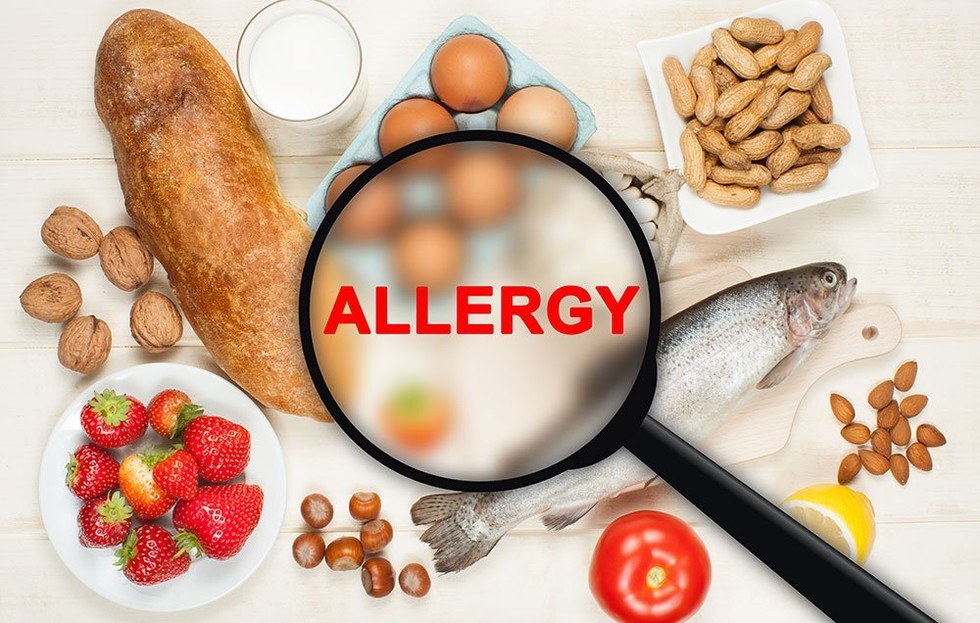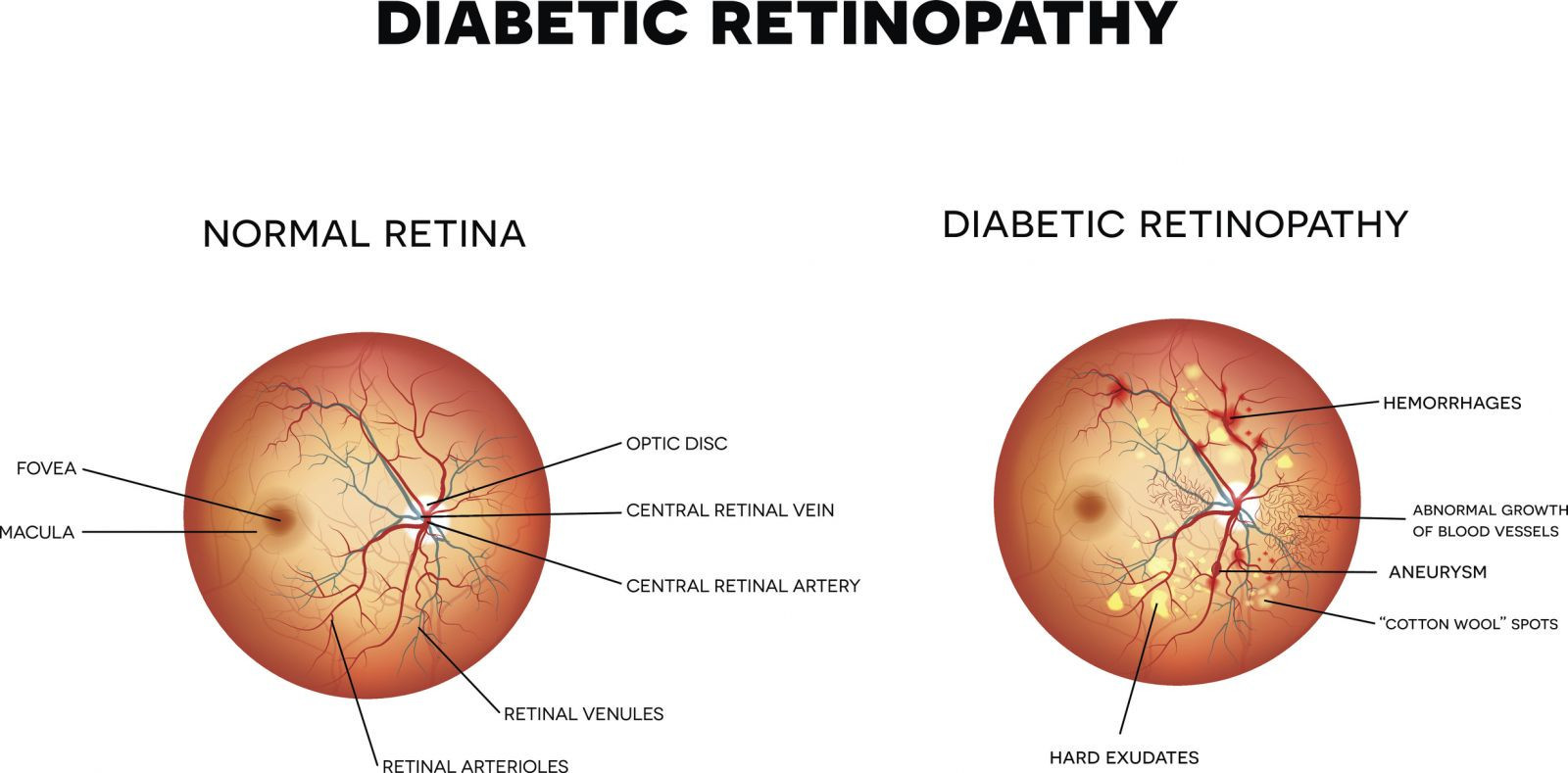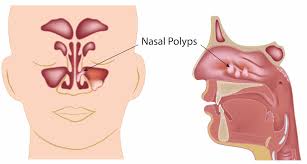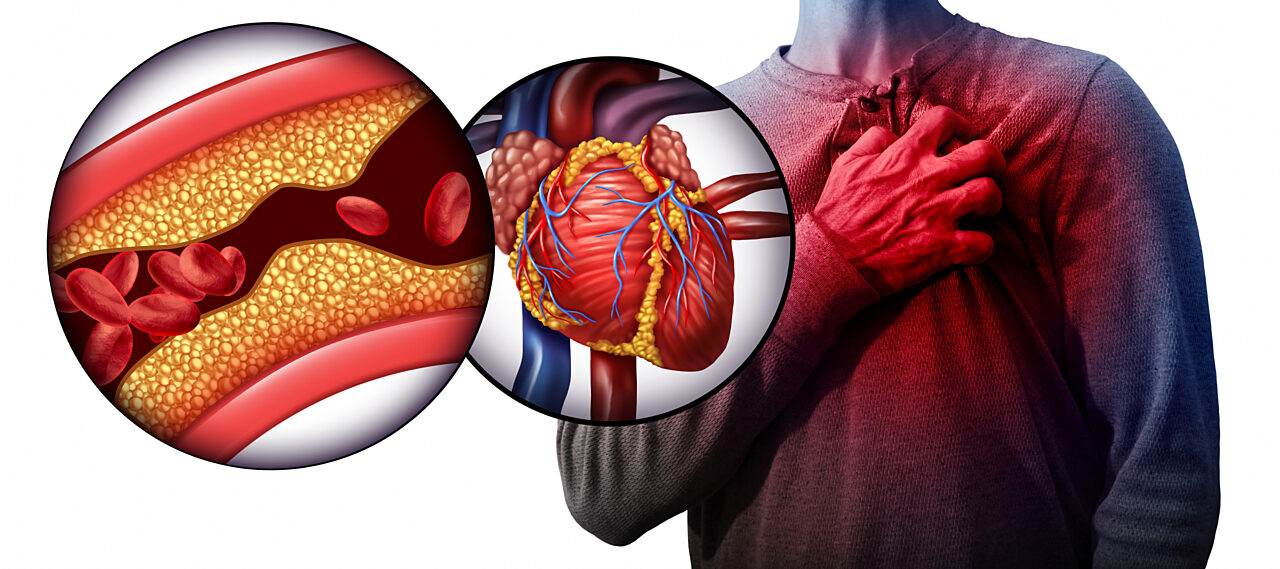Intestinal Allergy
Introduction
Anorexia nervosa is an autoimmune reaction that occurs immediately after eating a certain food. Even small amounts of food allergies can cause signs and symptoms such as digestive problems, asthma or asthma. For some, eating disorder can cause severe symptoms or a fatal reaction in the form of anaphylaxis.
Meaning for Intestinal Allergy
6 to 8 percent of children under the age of three to three percent of adults are affected by allergies. Although there is no cure, some children give up allergies as they get older.This is the most common reaction that confuses food intolerance known as food intolerance. Despite the stress, food intolerance is a serious condition that is not immune.
Signs and Symptoms of Allergy:
- Sneezing or itching
- Chest, itching or eczema
- Swelling of the lips, face, tongue and throat or other parts of the body
- Tremor, nasal congestion or difficulty breathing
- Abdominal pain, diarrhea, nausea or vomiting
- Dizziness, anemia or epilepsy
What is Anaphylaxis?
For some, eating disorders can lead to an overdose of anaphylaxis. It causes malignant signs and symptoms, including:
- Strengthening and strengthening of airways
- A sore throat or a lump in your throat can make it difficult to breathe
- Shock due to significant decrease in blood pressure
- Fast forwarding
- Dizziness, lethargy or loss of consciousness
When we Call the Doctor
If you have signs or symptoms of anaphylaxis, seek emergency treatment:
- Excessive airways make it difficult to breathe
- Shock due to significant decrease in blood pressure
- Fast forwarding
- Dizziness or anemia
Regard: Dr. Naveed Shahzad











